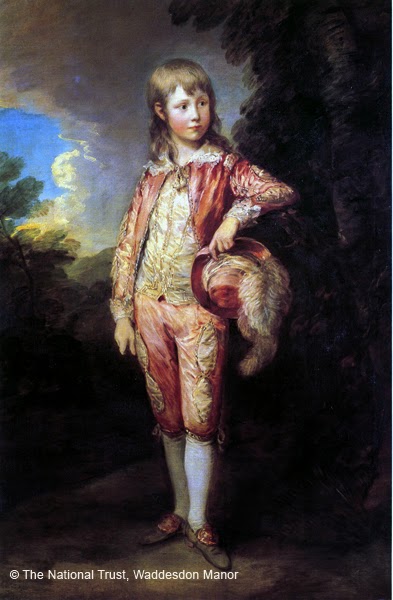 This is the only image I have digitally for the cover of this book, because it is not available yet. And the book rep who gave it to me told me the cover will probably change before it does come out, so this image is likely unhelpful to you, but here it is anyway. I do think the cover doesn't really represent the contents of the book. My cover design for this book would be a muted or grayscale photograph of a young woman in modern dress running through the streets of old Oxford, looking back over her shoulder, with a scarlet, cloth-bound book in her hand. I think that sort of image gives more of an idea of what this book feels like to read. The title already tells us it's somehow related to Jane Austen.
This is the only image I have digitally for the cover of this book, because it is not available yet. And the book rep who gave it to me told me the cover will probably change before it does come out, so this image is likely unhelpful to you, but here it is anyway. I do think the cover doesn't really represent the contents of the book. My cover design for this book would be a muted or grayscale photograph of a young woman in modern dress running through the streets of old Oxford, looking back over her shoulder, with a scarlet, cloth-bound book in her hand. I think that sort of image gives more of an idea of what this book feels like to read. The title already tells us it's somehow related to Jane Austen.I knew nothing about this book when I was given it. I was at a book fair, pushing my own Austen-related novel when I saw this, and had a chat with the book rep from the publisher (Penguin) who then let me take it home with me. The rep didn't seem keen to classify this book as a Jane Austen spinoff novel. She presented it as a book for a wide audience and I would have to agree with her, even though she didn't realize "First Impressions" was the original working title of Pride and Prejudice. The book has "Jane Austen" on the cover. The first chapter bears the heading "Hampsire, 1796" and the opening lines give us Jane Austen herself, walking through the woods. So you can see how one might come to the conclusion that this book is for Jane Austen fans. Do not be deceived!
My first impression (sorry) was that it was essentially a hybrid of the Jane Austen Book Club the Lost Memoirs of Jane Austen. And for the first several chapters, it essentially was. But about a third of the way in, I began to think that maybe this book was about to become a very different one from that which I had been anticipating. In fact, there was a third book to mix into the hybrid - namely, the da Vinci Code. In fact, it is much more like the da Vinci code than either the Jane Austen Book Club or the Lost Memoirs of Jane Austen, but if you like any or all of those three books, you will like this one.
The book is essentially a mystery. It is a novel set in two time periods, and the chapters alternate between each - the first, Hampshire 1796, and the second, London, present day. I must confess that I get a bit prickly whenever someone writes about Jane Austen in any kind of omniscient way, but I will get to that. The two sections are written in two different styles. The 1796 sections have a more historical tone, though they are not strictly written in the language of the Regency. They do use slightly more flowery language, and it felt more like it was the olden days in those chapters. I thought they could have used different font as well, to really highlight the distinction.
The 1796 chapters give us the information that the modern characters are trying to uncover in the other chapters. They don't give us all the details though, so we are still partly in the dark right up until the end. As a reader, you know you have to get the information from these chapters, but you do rush through them to get back to the fast-paced, modern chapters.
The mystery itself is quite good. I really kept turning the pages and didn't know exactly what to think until the very end. The history itself seems accurate, except of course for the parts that are overtly made up, and the speculation as to the inner thoughts and feelings of Jane Austen is kept fairly benign. There is, of course, a bit of blasphemy, and I will add that real purists will find some flaws in some of the minor details in the 1796 sections of the book. But I only mention it for the benefit of hardcore nitpickers who read this review and the book itself and might think I didn't notice. It doesn't interfere with the experience of reading the book.
Melanie Kerr is the author of Follies Past: a Prequel to Pride and Prejudice
Read Chapter 1 Watch the Trailers Order Paperback Download eBook







